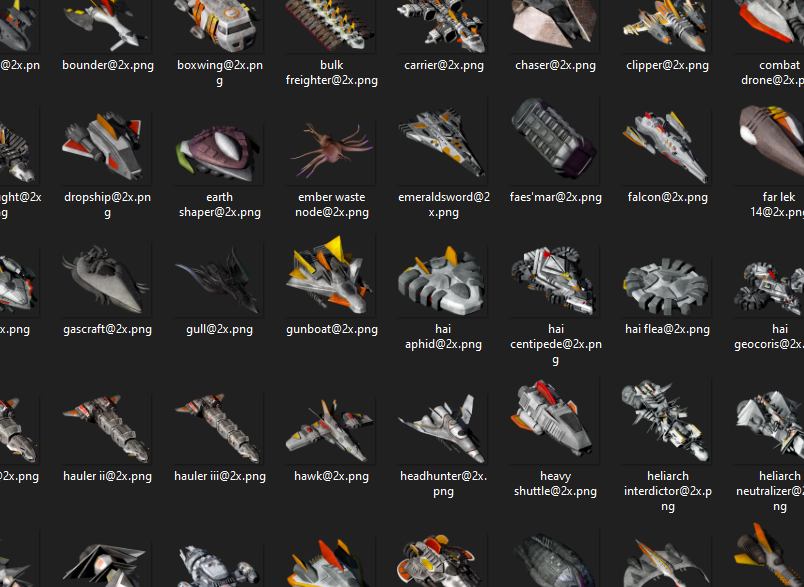

The universe is procedurally generated, meaning that its planets and creatures are “built” on the fly, as you discover them, by an all-controlling algorithm, as opposed to being custom-made by a human designer. The game sets players loose in a massive artificial universe, with 18 quintillion - yes, that’s an 18 with 18 zeros after it - fully explorable planets, each the (virtual) size of a planet in our reality. Thanks to No Man’s Sky, a new video game from the indie studio Hello Games, you don’t have to wait 10,000 years. It could take 10,000 years, he cautioned, but that’s “nothing on the evolutionary scale.” Musk also cited advancements in virtual reality, noting that with any rate of improvement, games and reality will eventually be indistinguishable. Now, 40 years later, we have photorealistic 3D simulations with millions of people playing simultaneously, and it's getting better every year.”

But part of what made Musk’s notion interesting was that it rested entirely on a simple extrapolation from the trajectory of the video game industry. Musk’s idea isn’t a new one: Philosophers and science fiction authors have been toying with versions of it for years. “There’s a billion-to-one chance we’re living in base reality,” he said.

At Recode’s annual Code Conference in June, venture capitalist Elon Musk made the provocative argument that reality is not reality at all, but a massive simulation built on top of some other reality.


 0 kommentar(er)
0 kommentar(er)
